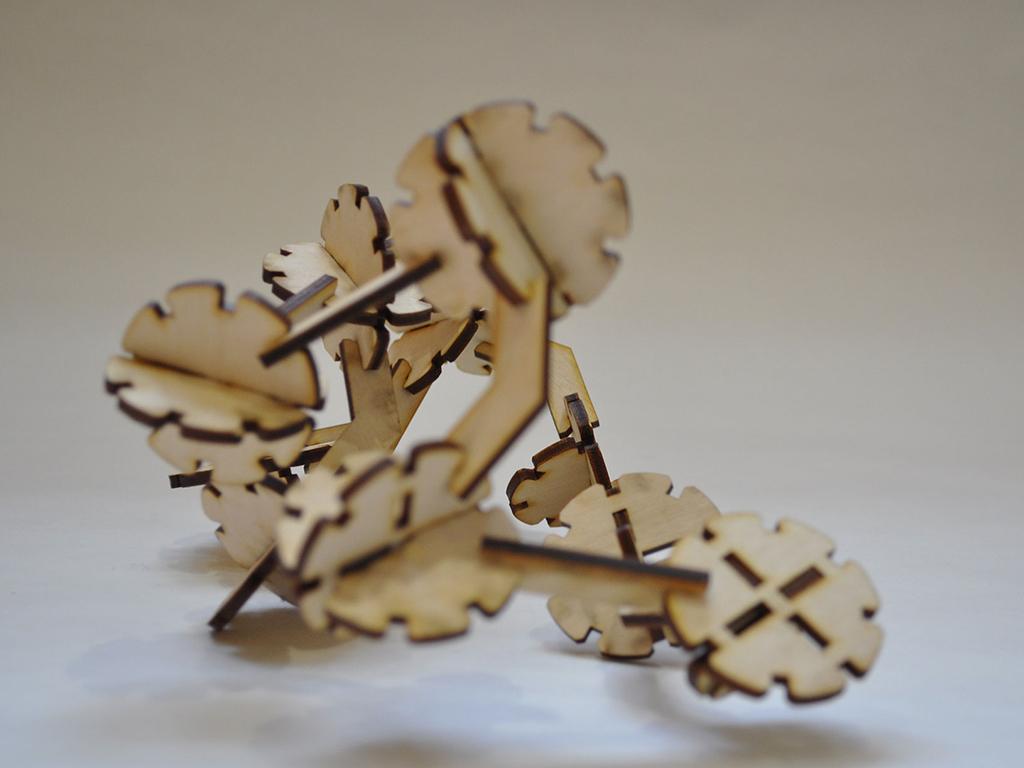Twenty five years ago, most people would've never expected that society would be able to communicate through a network of connected computers over long distances. Today, this is often taken for granted. Now, people can share energy, transportation, and media with ease. And, in the future, the Internet will connect much more: cars, houses, streets, and physical products. This will lead to a prosumer society (a productive consumer society). Because of this ability to share with others all over the globe, people have the power to return to their roots as social creatures.
In this future society, Internet will act like connective tissue—it will provide us with the opportunity to be more connected to our peers. Such a “peer-to-peer” society will also allow for more opportunities for self-fulfilment and self-transcendence. Social sharing behaviour with others will lead to a happier Western society revolving around the basic human needs. The need to be happy will be satisfied by sharing with and educating each other. Thanks to this sharing culture, people will be able to expand their connections and increase their well-being.
Connected
In short, people and things will soon be more connected to each other than ever before, which will make access more important than ownership. This is why I am creating Openthings. Openthings is a platform for people to learn from one another and develop projects together. Through teaching each other, people should be able to develop projects further than they can on their own. This is something I’ve experienced myself during my time at the Fab Academy. It was extremely helpful to look at other people’s projects, and this served as inspiration for the development of my own graduation project.
This experience is one of the many reasons why I would like to help share knowledge on a larger scale. And, this is why I created Openthings with Johannes Fischer (who I met through the Fab Academy). Openthings hopes to stand out from other platforms by providing its users the opportunity of designing together in a completely open manner. Thanks to the use of a version control system, Openthings’ users are able to update every project without fear of damaging anything in the original file. Each person can work on all the projects he or she likes, making collaboration as easy as possible.
Open everything
On Openthings there are no private projects. Everything is open and available to everyone. It’s not just about reproducing existing open designs, but—more importantly—about improving them. Are you stuck on a project? Post it on Openthings and other people can help you try to solve the problem. Through the use of Creative Commons, the project initiator is able to license their work, so no one can try to take ownership of the project.
Openthings is now in the alpha stage, and could use all the help it can get—from giving feedback to helping with development to posting projects. Our dream is a platform with lots of great projects bundled together, so other people can start learning and creating great things. This coming month, we're starting a pilot in Fablab Amsterdam to test the documentation usability, and we hope to get a lot of input from all of you. I hope to see you on Openthings and hear your thoughts about the platform.
Openthings platform was supported by Waag for 2 years, but is no longer avalable.
